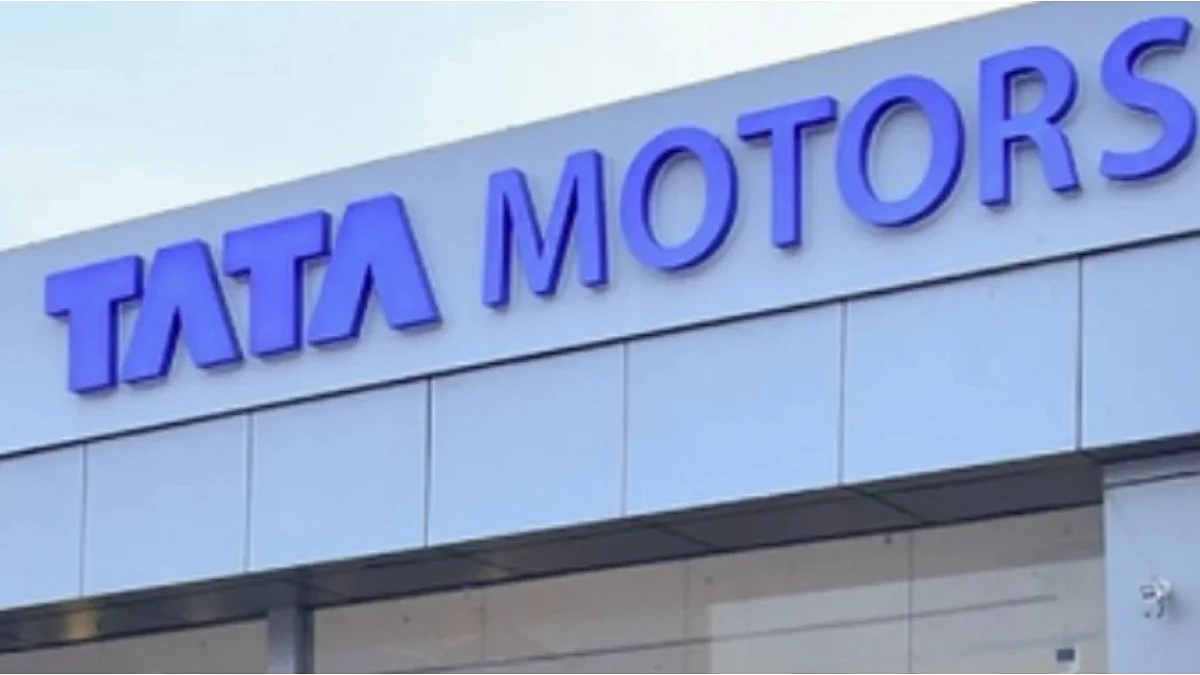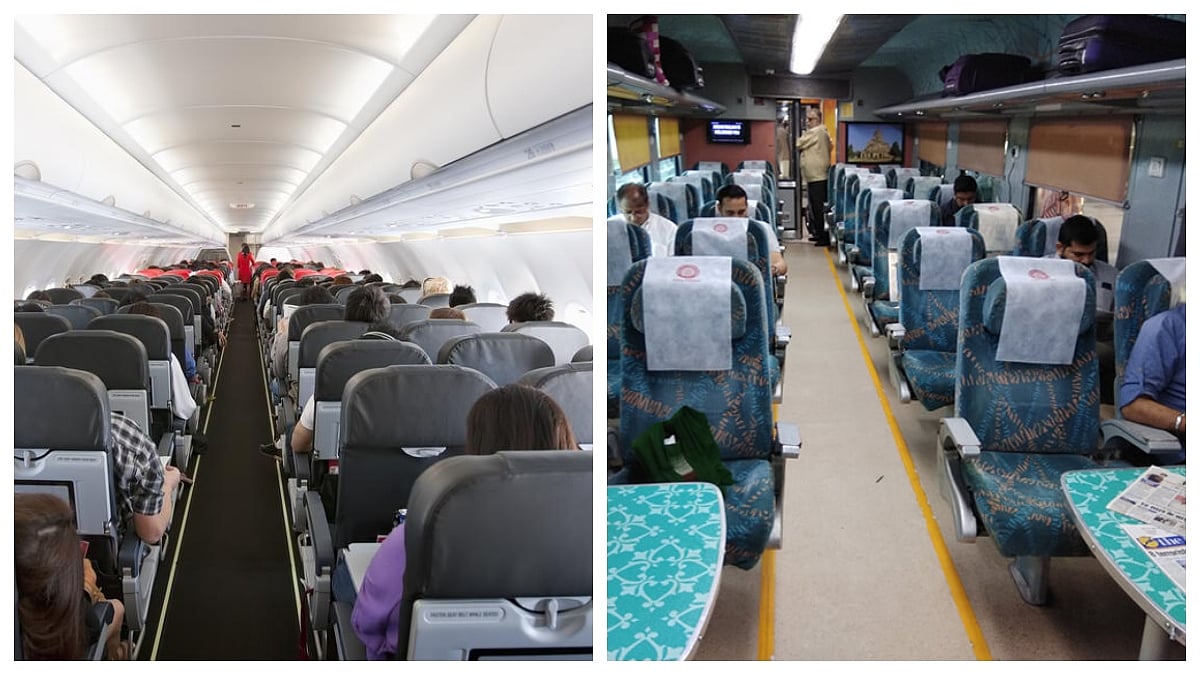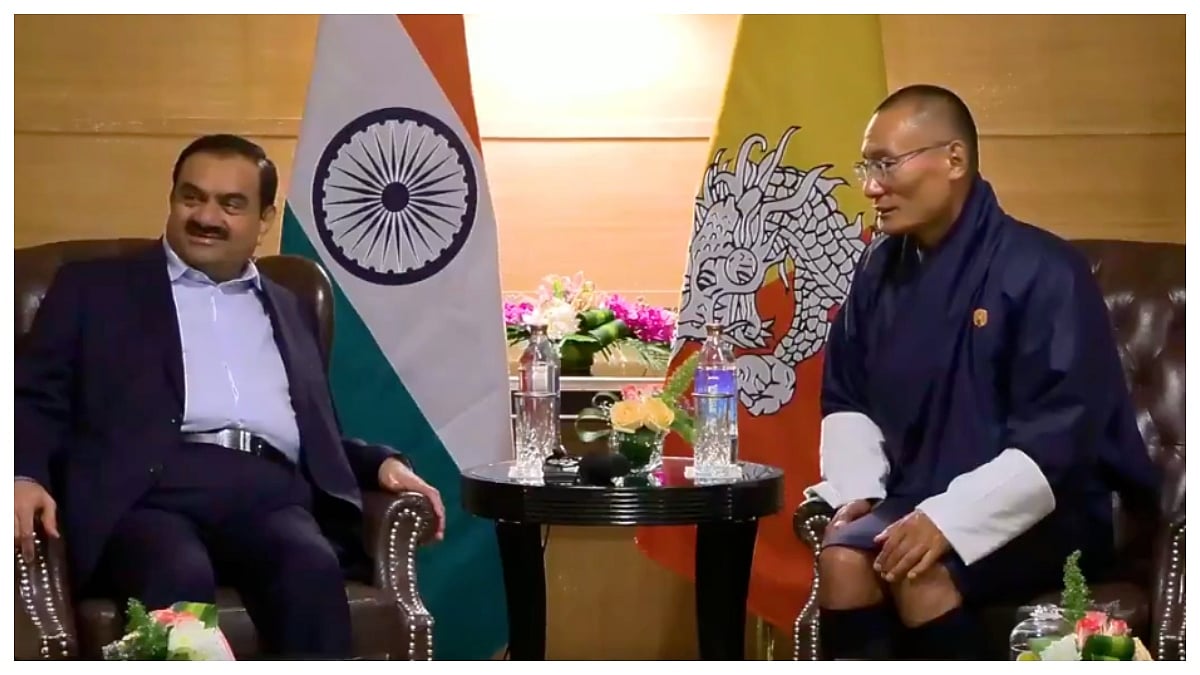The rise of populist nationalism has seen leaders invoking the past, from Trump’s make America great again pitch to Putin’s love for both Tsars and Soviet icons. India’s own right-wing nationalist government often promises a return to how things were, and in Communist China, Xi Jinping wants to "rejuvenate the Chinese nation" which means going back to a one-leader, one-rule era. But driving forward into the future while looking in the rear view mirror is ill-advised, and that’s what happens to much-needed economic reforms under rigid administrations.
Market hysteria over Xi’s rise?
As Xi Jinping begins his third stint as China’s most powerful leader after Mao, and has pushed out market reformists from the seven-member politburo to consolidate his power by bringing in allies. This has immediately hit investor confidence, causing Hang Seng stock index in Hong Kong to crash by 6.2 per cent, and it has hit the lowest level in more than a decade since 2009. The market has been pulled down by major stocks such as Alibaba and Tencent plunging 12 per cent and 10 per cent respectively since the new politburo is more likely to tighten scrutiny of private companies.
Hong Kong’s woes to worsen?
Hong Kong has been a major financial centre in the region, but has been facing China’s bid to increase its control over the administrative region used to autonomy. Incidents such as Jack Ma’s disappearance last year, before he resurfaced in Hong Kong, also triggered speculation about the Xi Jingping regime’s approach towards private firms. The role of the “Chinese Debt Trap” in Sri Lanka’s economic downfall, has also raised concerns about the policies of Xi’s regime.
Undoing decades of reform
Under Deng Xiaoping and Jiang Zemin, the process of opening up China’s economy had been initiated as it joined the World Trade Organisation by 2001. This was just before Xi Jinping’s predecessor Hu Jintao took over in 2002, but his decade was marred by economic inequality and corruption allegations, although China’s global influence grew. But under Xi Jinping, reform has been further stifled, and despite the rise of entrepreneurs, the CCP has been actively reasserting its control over the economy.










